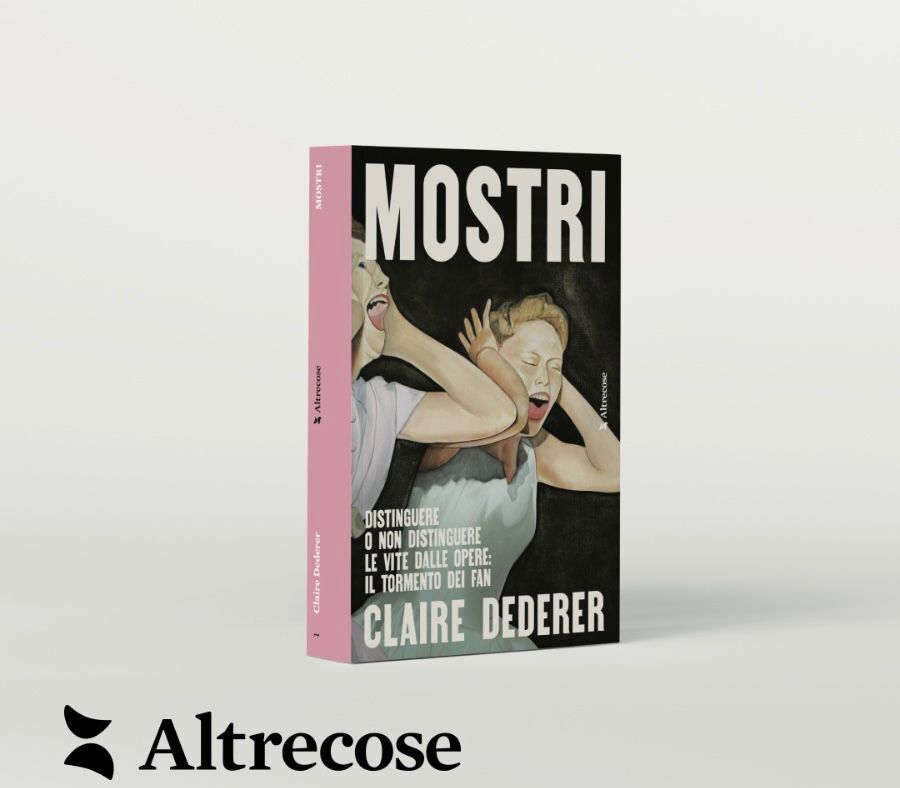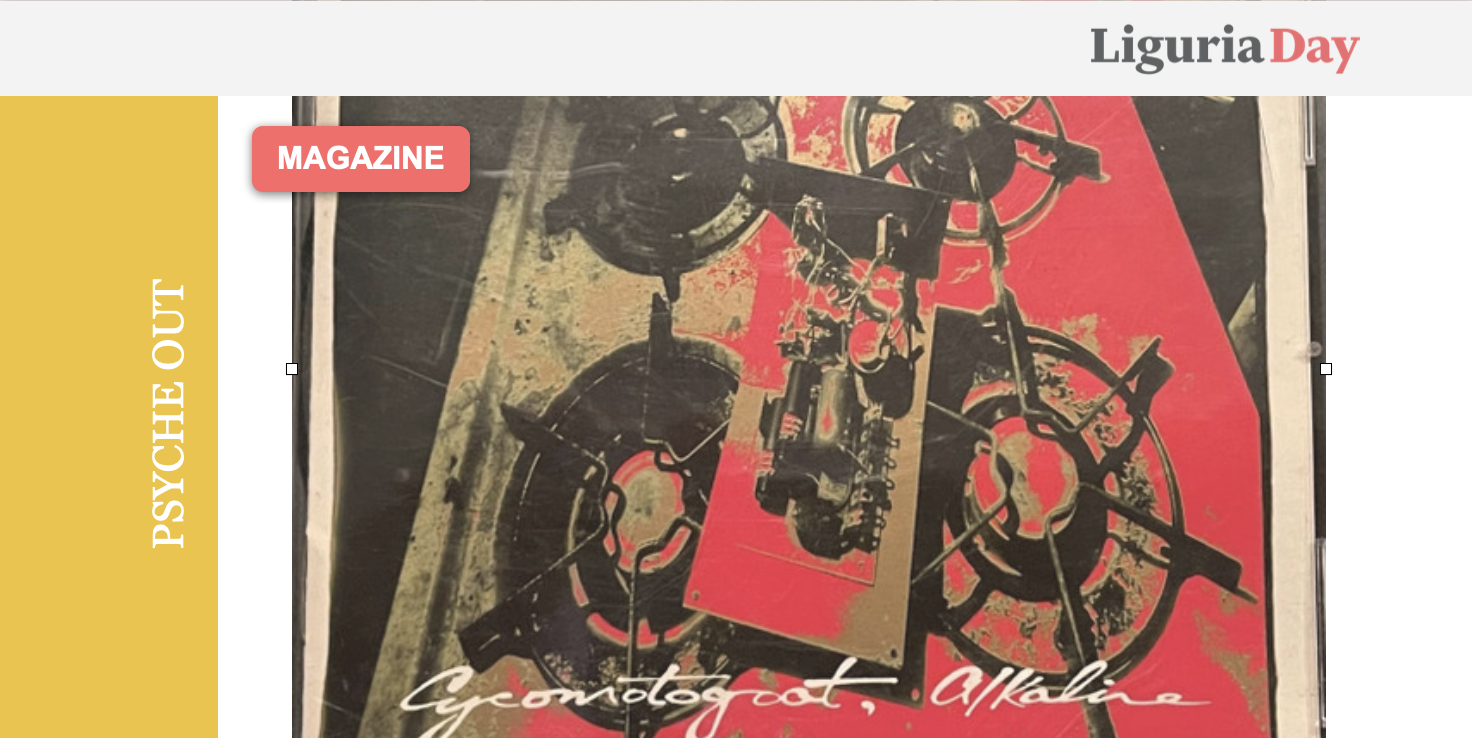The term “Green New Deal” was first used by Pulitzer Prize-winner Thomas Friedman in January 2007 and this ambitious project set the blueprint for a transformational almost radical change.
All 27 EU Member States are now committed to turning the EU into the first climate neutral continent by 2050.
To get there, they pledged to reduce emissions by at least 55% by 2030.
Transitioning away from traditional fossil fuels, introducing higher energy standards, and undertaking a massive industrial project to scale up green technology.
Nearly two years after the European Commission launched the European Green Deal in December 2019, the EU’s landscape changed greatly, with the COVID-19 pandemic causing a contraction of the bloc’s GDP by 6.1% in 2020.
Yet as countries continue their vaccination campaigns with a focus on economic recovery, it might be possible that the region can rebound.
The IMF projects that Europe’s GDP could return to pre-pandemic levels by 2022.
The Green New Deal will create new opportunities for innovation and investment and jobs but at the same time, it will ensure opportunities for everyone, supporting vulnerable citizens by tackling inequality and energy poverty.
Let’s have a look more in depth, the project aims to achieve three main goals.

First, achieving net-zero emissions by proposing specific strategies with a strong focus on energy, which makes up more than 75% of total EU-27’s greenhouses gas.
Second, decoupling growth from resource exploitation.
Thirdly, needing to foster an inclusive green transition and to leave none behind, supported through the Just Transition Mechanism, which will provide between 65€ and 75€ billion over the period of 2021-2027 to support the socio-economic impacts of the transition.
The Commission also promotes the growth of the market for zero- and low- emissions vehicles.
In particular, it seeks to ensure that citizens have the appropriate infrastructure to charge these vehicles
From 2020, moreover, a road transport will be covered by emissions trading, putting a price on pollution with the aim of stimulating cleaner fuel use.
The Commission is also proposing carbon pricing for the aviation sector with an obligation for planes to take on sustainable blended fuels for all departures from EU airports.
To ensure a fair contribution from the maritime sector to the effort to decarbonise our economy, the Commission proposes to extend carbon pricing to this sector.
Targets for major ports, will also be set, to serve vessels with onshore power in order to reduce the use of polluting fuels that also harm local air quality.

How can these goals be achieved?
These goals are to be accomplished through the following actions on the part of the federal government:
• Stimulating investments and providing funding to help communities affected by climate change
• Repairing and upgrading existing infrastructure
• Investing in renewable power sources
• Investing in manufacturing and industry to spur growth in the use of clean energy
• Building and/or upgrading to energy-efficient, distributed, and “smart” power grids that provide affordable electricity
• Building new facilities to achieve maximum energy and water efficiency, safety, affordability, comfort, and durability.
• Supporting family farming, investing in sustainable farming, and building a more sustainable and equitable food system
• Cleaning up existing hazardous waste and abandoned sites
As the focus in the coming years must be on translating the European Green Deal into concrete initiatives, private sector leaders could become real agents of change for the bloc’s green transition.
• December 2019 – Commission presents European Green Deal, committing to climate neutrality by 2050
• March 2020 – Commission proposes European Climate Law to write 2050 climate neutrality target into binding legislation
• September 2020 – Commission proposes new EU target to reduce net emissions by at least 55% by 2030, and add it to the European Climate Law
• December 2020 – European leaders endorse Commission’s proposed target to reduce net emissions by at least 55% by 2030
• April 2021 – Political agreement reached on European Climate Law by European Parliament and Member States
• June 2021 – European Climate Law enters into force
• July 2021 – Commission presents a package of proposals to transform our economy, to reach our 2030 climate targets. European Parliament and Member States to negotiate and adopt package of legislation on reaching our 2030 climate targets
• September 2021 – New European Bauhaus: new actions and funding
• 2030 – EU to deliver a reduction of emissions of at least 55% compared to 1990 levels
• 2050 – EU to become climate neutral
Therefore…enjoy your trip, new opportunities are coming also for you!
Sources:
https://ec.europa.eu/info/strategy/priorities-2019-2024/european-green-deal_en
https://www.weforum.org/agenda/2021/07/what-you-need-to-know-about-the-european-green-deal-and-what-comes-next/
https://www.investopedia.com/the-green-new-deal-explained-4588463
 LiguriaDay Quotidiano online
LiguriaDay Quotidiano online








